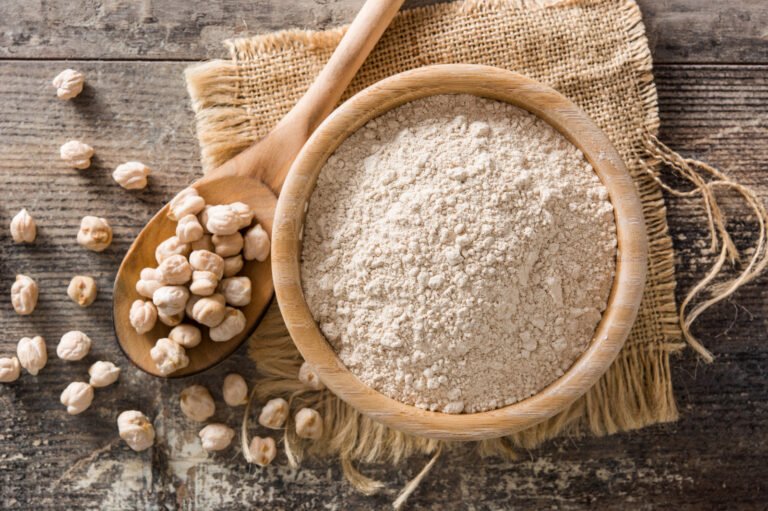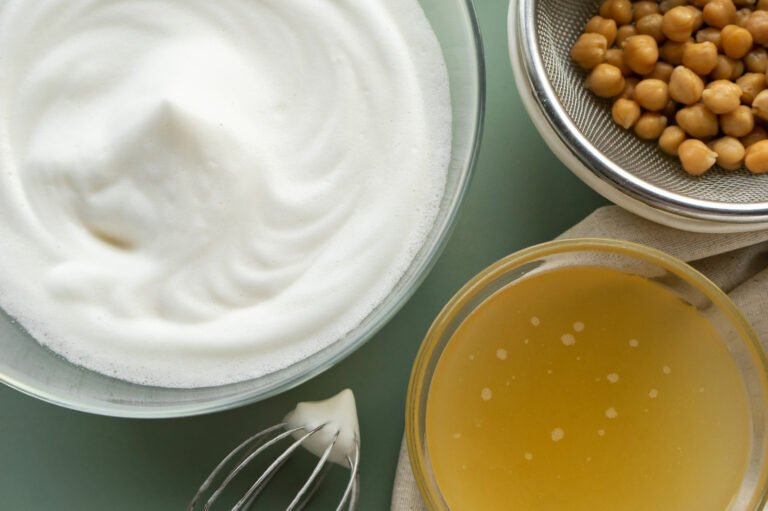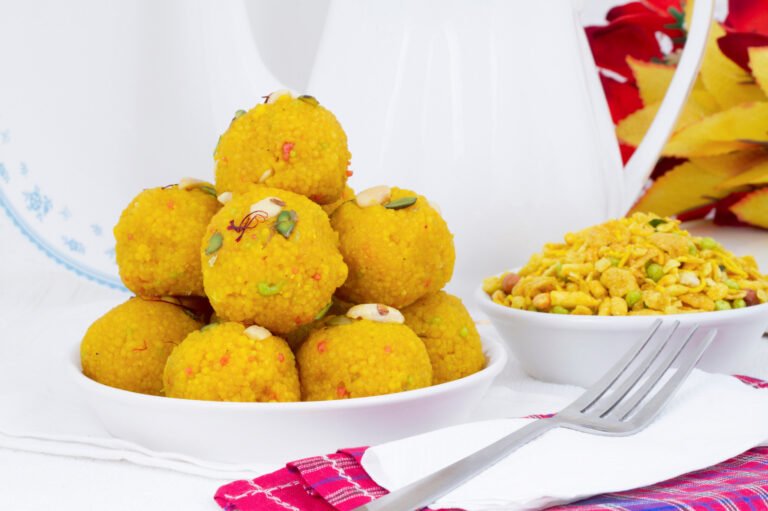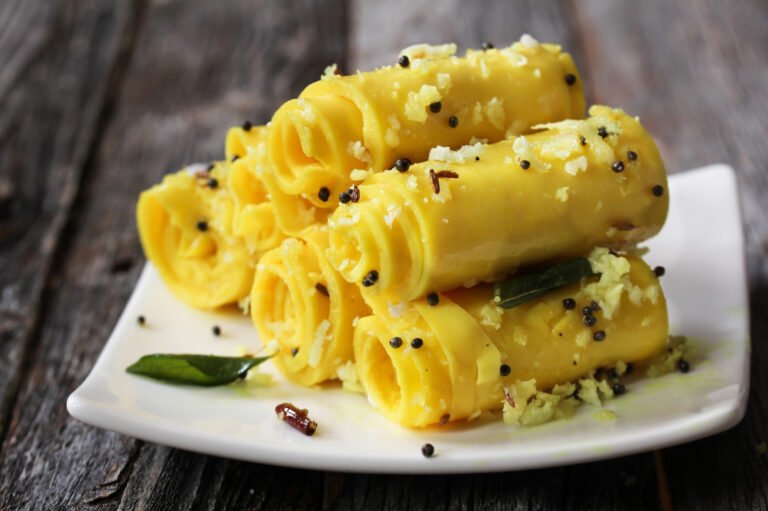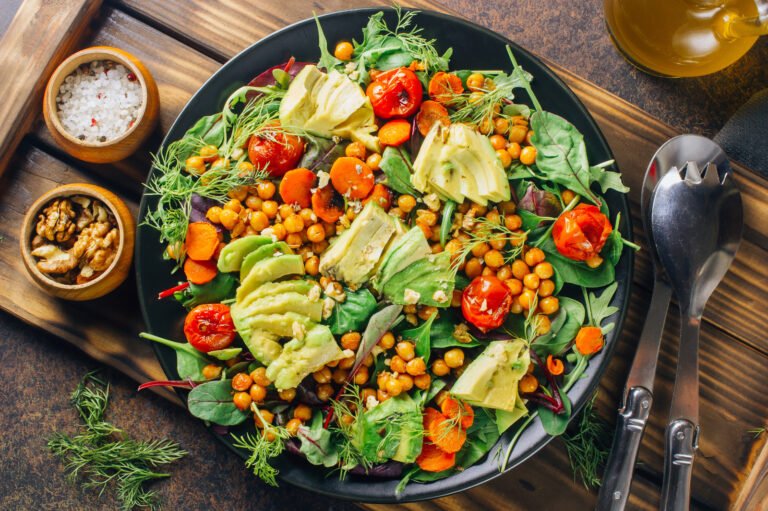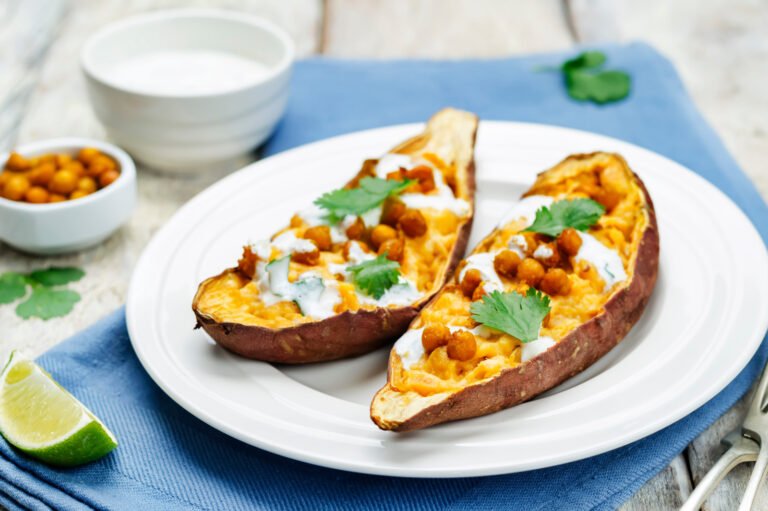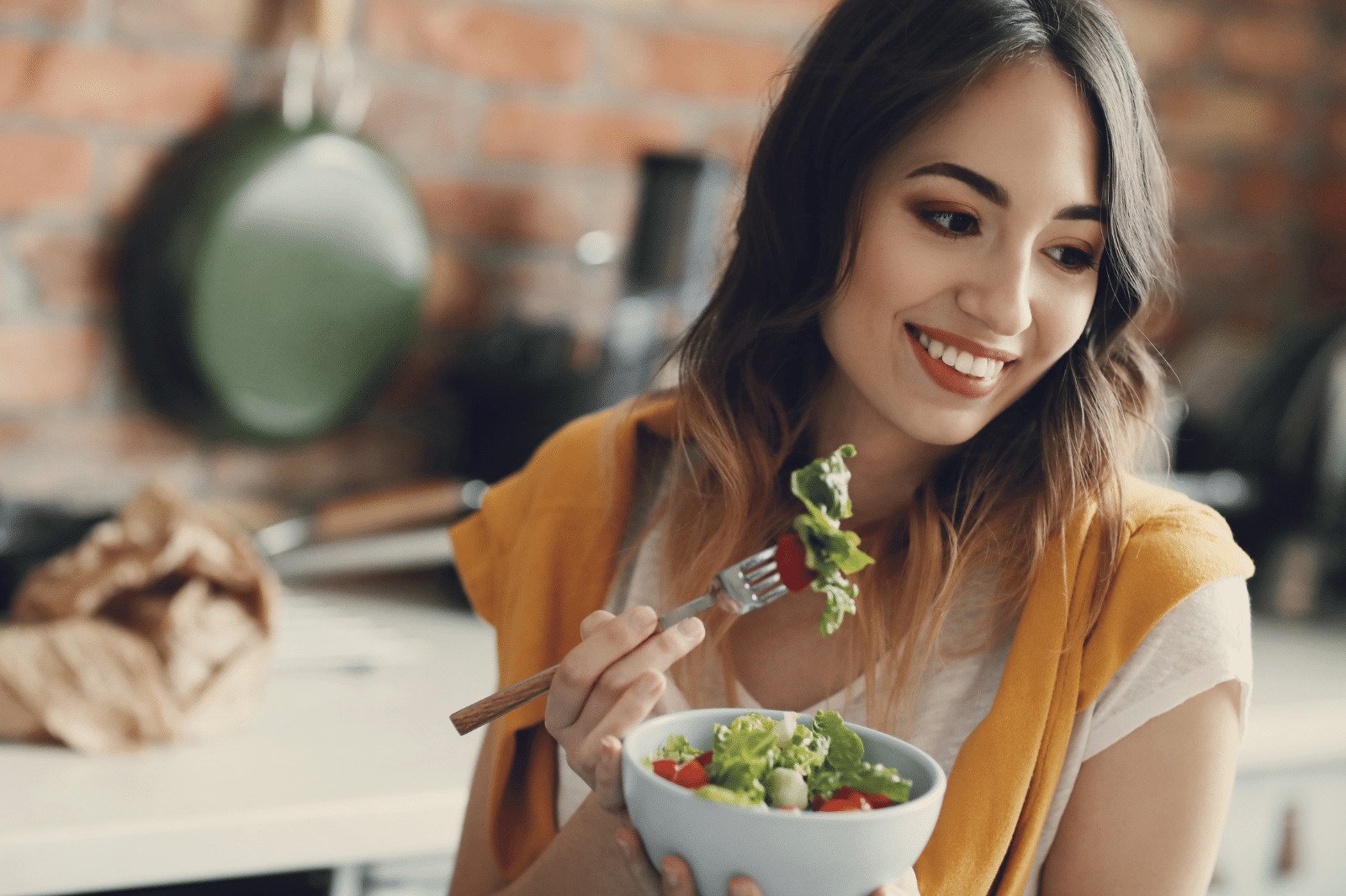Chickpeas: Your Secret Weapon and a Substitute for Egg-Free Delights
"
In this article, Unlock the incredible potential of chickpeas as an egg substitute. Explore six amazing uses and discover if chickpeas outshine eggs.
- Table of Content
- 6 Amazing Ways Chickpeas can be used as Egg Substitutes.
- Chickpea Flour: A Nutritious Egg Replacement
- Fluffy Baking: The Magic of Aquafaba
- Binding Power: Chickpeas for Structure
- Versatility in Cooking: Egg-Free Creations
- Nutritional Benefits of Chickpeas
- Roasted Chickpeas as a Nutella Substitute.
- But, Are chickpeas better than eggs?
- Final Thoughts
Are you on the lookout for a versatile and plant-based alternative to eggs?
Look no further than the humble chickpea!
Chickpeas, also known as garbanzo beans, offer a host of benefits when it comes to mimicking the texture and binding properties of eggs in various culinary creations.
People often seek vegan substitutes for eggs for a variety of reasons, and one primary motivation is embracing a plant-based lifestyle.
Vegans choose to abstain from consuming any animal products, including eggs, due to ethical, spiritual, environmental, or personal health beliefs.
Additionally, individuals with egg allergies or intolerances are in search of alternatives to avoid adverse reactions.
Vegan egg substitutes, like chickpeas or chickpea-based products, provide a versatile and cruelty-free option for those who still desire the texture, binding properties, and nutritional benefits that eggs offer.
By opting for vegan alternatives, people can enjoy their favourite egg-based dishes guilt-free while aligning with their dietary preferences or restrictions.
Additionally, did you know that chickpeas can even be transformed into a delicious substitute for Nutella?
Let’s get Started!
6 Amazing Ways Chickpeas can be used as Egg Substitutes.
1. Chickpea Flour: A Nutritious Egg Replacement
Chickpea flour, also known as gram flour or besan, is a fantastic option when you’re seeking an egg substitute.
This flour is made by grinding dried chickpeas into a fine powder. Not only does it possess an earthy flavor, but it also boasts a high protein content, making it an ideal choice for egg-free recipes.
A quarter cup of chickpea flour contains approximately 7 grams of protein, surpassing the protein content of a single egg, which stands at around 6 grams.
2. Fluffy Baking: The Magic of Aquafaba
Aquafaba, the liquid found in canned chickpeas, has revolutionized vegan cooking.
It serves as an excellent replacement for egg whites, particularly in baking recipes. The starchy liquid can be whipped into a foam-like consistency, mimicking the texture and properties of egg whites.
It’s perfect for creating light and airy delights such as meringues, mousses, and even macarons, without the need for eggs.
3. Binding Power: Chickpeas for Structure
Chickpeas excel in recipes that call for eggs as a binding agent.
Mashed chickpeas can effectively hold ingredients together in dishes such as veggie burgers, meatballs, or meatloaf.
By mashing the chickpeas and combining them with breadcrumbs, herbs, and spices, you create a cohesive mixture that not only adds flavor but also ensures firmness and structure to your creations.
4. Versatility in Cooking: Egg-Free Creations
One of the remarkable features of chickpeas is their versatility in replacing eggs across various dishes.
For instance, chickpea batter can be used to coat and fry vegetables, providing a crispy, egg-free alternative to tempura.
Moreover, chickpea flour can be transformed into vegan omelets or frittatas by combining it with water, adding your favorite veggies and seasonings, and cooking it to perfection.
5. Nutritional Benefits of Chickpeas
Chickpeas offer more than just a fantastic egg substitute. They are packed with essential nutrients.
These legumes are an excellent source of plant-based protein, fiber, iron, and folate. Additionally, chickpeas contain beneficial antioxidants that promote heart health and help regulate blood sugar levels.
By incorporating chickpeas into your recipes, you’re not only enhancing the taste but also reaping the health benefits they provide.
6. Roasted Chickpeas as a Nutella Substitute.
Did you know that roasted chickpeas can be transformed into a healthier alternative to Nutella?
With a simple recipe, you can create a delightful chocolate spread.
Roasted chickpeas, when processed with cocoa powder, natural sweeteners like maple syrup or Medjool dates, a touch of melted coconut oil, and a hint of vanilla extract, result in a guilt-free, homemade Nutella substitute.
This alternative allows you to enjoy a delicious chocolate spread while benefiting from the protein and fiber of chickpeas, all without the processed sugars and additives found in commercial spreads.
But, Are chickpeas better than eggs?
When it comes to nutrition, eggs are often hailed as little powerhouses.
They’re packed with protein, vitamins like B12 and D, and minerals such as iron and zinc.
Chickpeas have their own impressive nutritional resume.
Chickpeas burst with plant-based protein, fiber, and complex carbs that keep you feel satisfied. Plus, chickpeas are low in fat and completely cholesterol-free.
For those with dietary restrictions or following a vegan or vegetarian lifestyle, chickpeas come to the rescue!
They can step in and take on the role of eggs in recipes. Chickpea flour, aquafaba, or mashed chickpeas can work wonders, giving you that similar texture and binding power you’d get from eggs.
Now let's talk about culinary versatility!
Eggs have had their fair share of cholesterol debates.
But guess what?
With chickpea flour, you can whip up vegan pancakes, frittatas, and even omelets that will make your taste buds dance.
Mashed chickpeas can even bring veggie burgers and meatballs together like best buddies.
Now, let's dig into some health considerations.
Eggs can be scrambled, fried, baked into cakes, or whisked up into a fluffy omelet.
So, all in all, are chickpeas better than eggs?
It really depends on your dietary needs, preferences, and health considerations.
If you’re cool with eggs and they fit your lifestyle, they offer a bundle of nutrients.
But if you’re following a vegan or vegetarian path or have an egg allergy, chickpeas step in as a fantastic alternative, giving you plant-based protein, fiber, and a whole lot of kitchen magic.
The choice is all yours!
Final Thoughts
Here’s the catch!
There is no doubt that chickpeas are a superfood in the eyes of vegans and those seeking egg alternatives in their culinary adventures.
Whether you’re using chickpea flour for baking, whipping up aquafaba for fluffy creations, or relying on mashed chickpeas for binding, these legumes offer a world of possibilities.
Additionally, with a simple recipe, roasted chickpeas can be transformed into a healthier alternative to Nutella, allowing you to enjoy a delicious chocolate spread while reaping the benefits of chickpeas.
So, the next time you’re in the kitchen, don’t hesitate to incorporate chickpeas into your recipes!
Subscribe to new post
The One Liner
Useful Links
Order Related Queries
Useful Links
Order Related Queries
